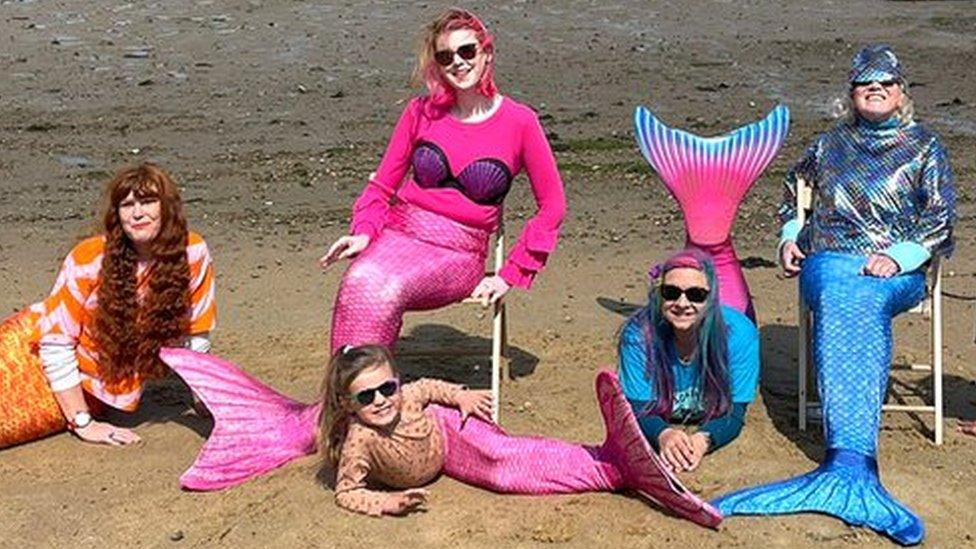Wild swimmers are getting sick from sewage, campaigners say
- Published
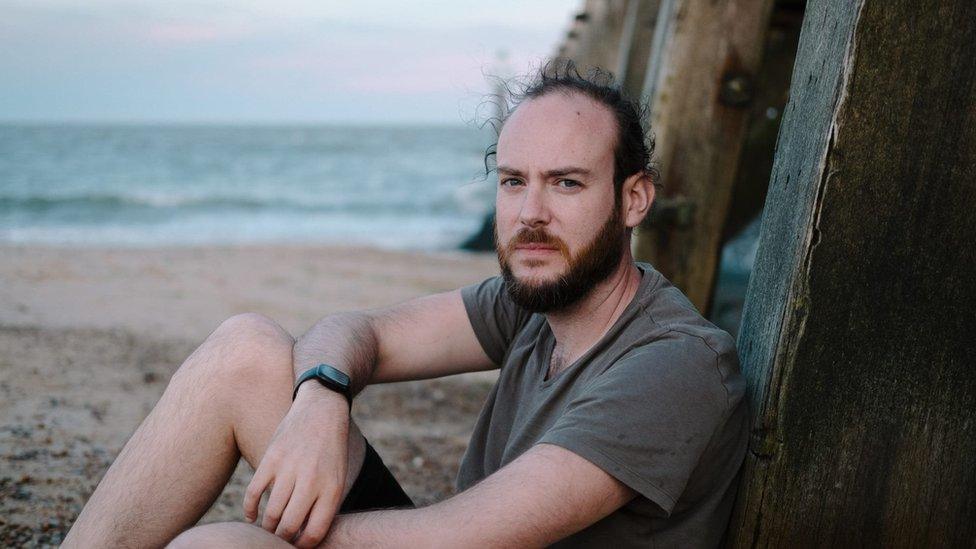
Alexander Ward caught suspected Weil's disease from a river in Cambridgeshire
Wild swimmers are increasingly getting sick from sewage pumped into rivers and seas, according to an environmental charity.
Photographer Alexander Ward had no idea he was putting himself at risk when he entered the River Great Ouse in Cambridgeshire last September.
He was taking photos of wild swimmers for a project and didn't realise he had a cut on his leg.
After developing flu symptoms, the 38-year-old, from Tattingstone, Suffolk, phoned NHS 111, who told him to go to hospital urgently.
Doctors said he had suspected leptospirosis, also called Weil's disease. They put him in isolation and gave him antibiotics for two days.
They were not able to confirm whether it was leptospirosis, which is typically contracted from the urine of infected rats, or a sewage-related illness.
"It was quite scary and since then I have never gone into fresh water again," he said.
"I only go in salt water now and it tends to be at local spots where I know they are not directly close to sewage outlets.
"I'm really conscious of that."

Alexander took photos of wild swimmers for a project that won several photography awards
The charity Surfers Against Sewage (SAS) received 720 sickness reports over the last year, submitted via its Safer Seas & Rivers Service app, external, which alerts swimmers when water companies release sewage.
That was an increase compared to the previous year when 286 people reported falling ill after entering the water, and the same time period in 2019-2020 when there were 124 sickness reports.
The charity said the number of app users had increased during that period, so it was not an exact comparison, but urgent action was needed to stop more swimmers falling sick.
Amy Slack, head of campaigns and policy at SAS, said: "Water companies are still choosing to pour sewage into the ocean and rivers across the country, making us quite literally sick of sewage."
Gastroenteritis was the most common illness reported to the charity by wild swimmers after entering the water.
Ear, nose and throat infections were common too, with respiratory, skin and urinary tract infections also reported, it said.
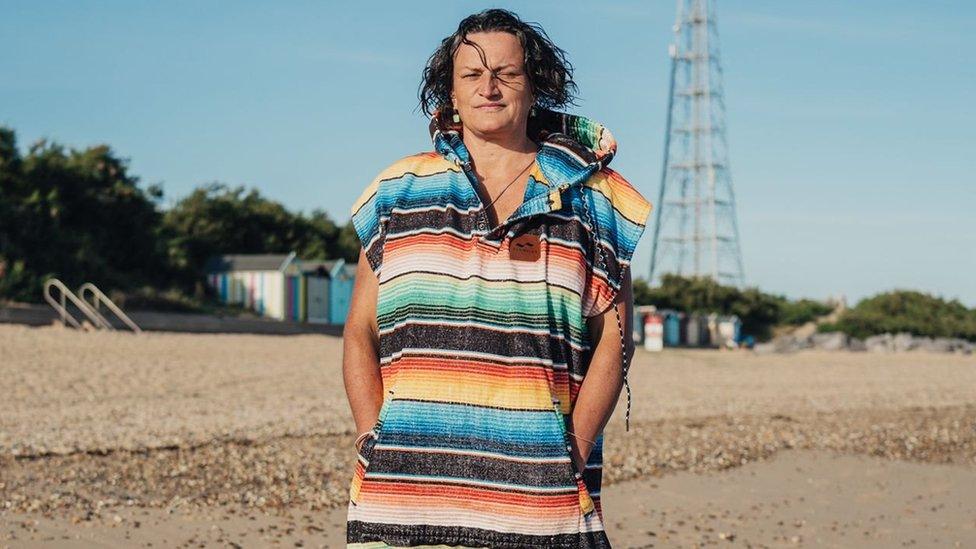
Ness Woodcock-Dennis had to go to hospital with an eye infection she caught from wild swimming
Ness Woodcock-Dennis, a public health nurse and lecturer in nursing, is currently recovering from an eye infection after swimming in the River Stour at Manningtree in Essex.
"It got so bad that I couldn't see and I had to go to hospital," she said.
"I'm really careful and never put my head under the water due to the risks. I was wearing contact lenses and got splashed in the eye. I was worried as soon as it happened," she said.
She swims with a group of more than 100 local swimmers called the Manningtree Mermaids, who have staged several protests over water quality.
"Swimming in the sea is our birthright and we shouldn't have to be worrying about getting sick," she said.
"It's frustrating because I already limit my swims and never swim during or after heavy rainfall, when I know that the water companies are allowed to release sewage."

The Manningtree Mermaids protested after Anglian Water admitted dumping raw sewage 389 times last year in the Stour - the river that forms the border between Essex and Suffolk
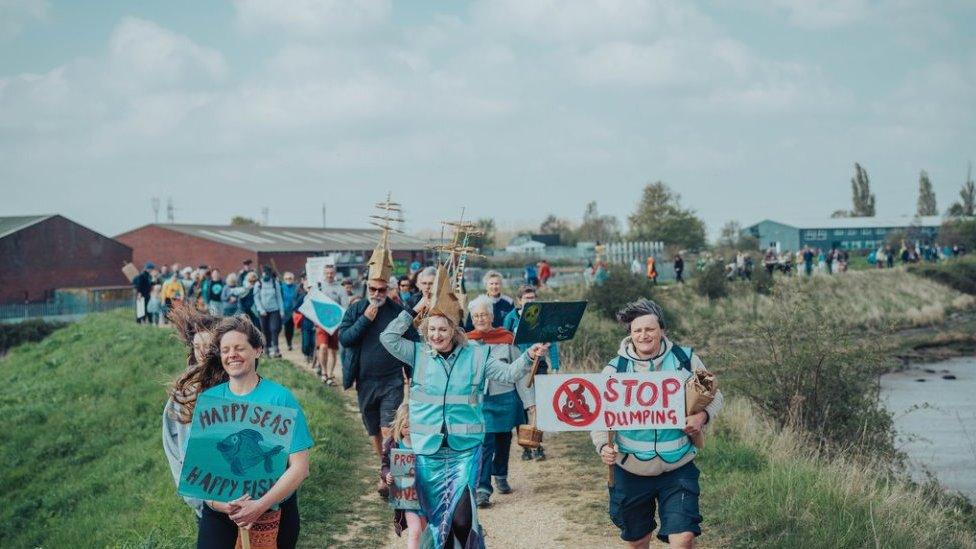
Ness Woodcock-Dennis (far right) is very passionate about water quality and believes swimming is our natural birthright
Julia Walker, a social worker based in Shoreham, West Sussex, contracted a bacterial and a kidney infection in September after swimming in the sea.
"It took me a couple of months to get back in the sea, and now I only swim with my head above water for fear of becoming ill again. It makes me very angry that the water companies are affecting how I use the water," she said.
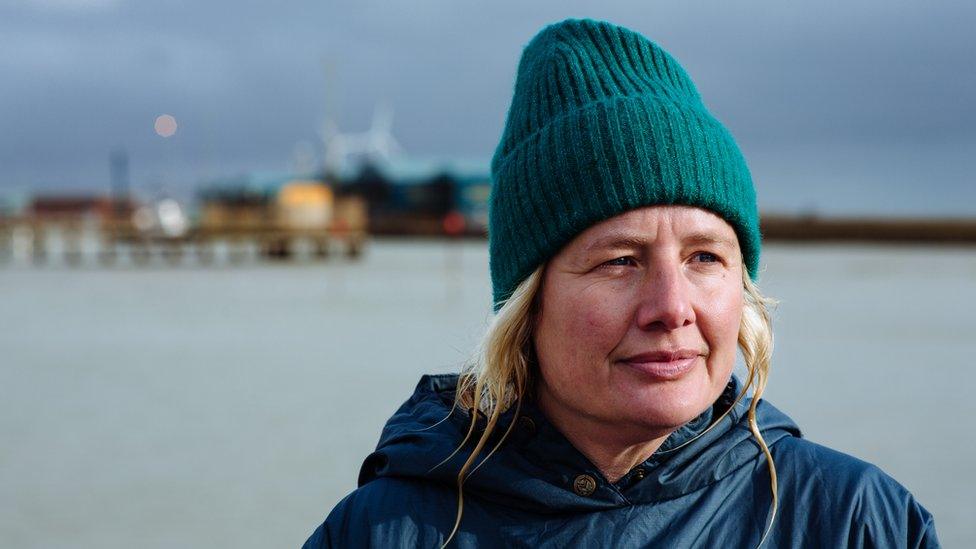
Julia Walker contracted a bacterial and a kidney infection in September after swimming in the sea
SAS issued 9,216 sewage pollution alerts over the last year, it says in a new report, external. The campaign group monitors water quality at over 400 locations around UK rivers and coastlines.
Water firms are only permitted to release sewage in unusually heavy rainfall, but SAS said it found evidence of at least 146 "dry spills", when there had been no rain.
Ms Slack, from SAS, said this was detrimental to both environmental and public health. She said the government needed to do more to hold water firms to account.
"It's high time the government stepped up and took real action to curb their destructive and selfish behaviour," she said.
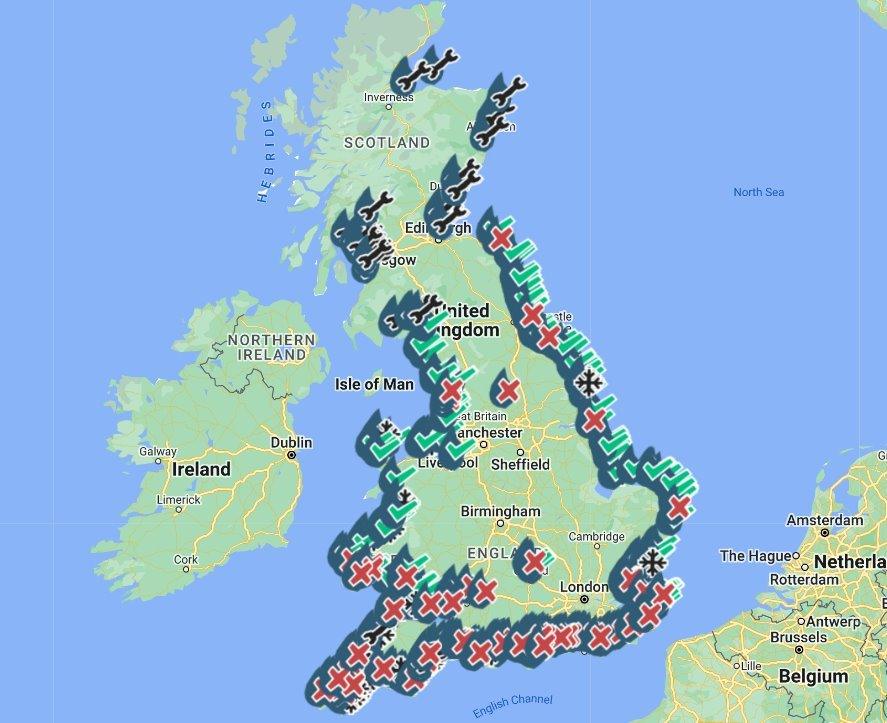
Surfers Against Sewage has produced an app and a web page alerting swimmers when sewage is discharged
According to data from the Environment Agency, UK water firms discharged raw sewage more than 770,000 times over the course of 2020 and 2021.
It has just released data for May to September 2022, which shows sewage was released 5,504 times across more than 15,000 hours.
Anne Leonard, an environmental epidemiologist and microbiologist based at the University of Exeter, said she was growing increasingly concerned about the presence of antibiotic resistant bacteria in sewage.
"We are running out of antibiotics that are effective against the most resistant bacteria, so keeping sewage away from our rivers and beaches is a key public health intervention to reduce preventable infections and limit our reliance on antibiotics," she said.
A spokesperson at Water UK, an organisation representing UK water and wastewater service suppliers, said water companies agreed there was an urgent need to tackle storm overflows.
A new infrastructure programme will deliver £56 billion of improvements if approved by regulators, Water UK said.
"To accelerate progress further, we need the government to end housing developers' uncontrolled connections to sewers without first knowing their capacity, and to end the flushing of wet wipes made from materials that cause blockages and fatbergs. Both are major causes of sewer overloading and spills.
"We also need the government to implement existing legislation in order to increase the use of sustainable drainage systems on new developments as a means of reducing the volume of rainwater entering the sewer system," the spokesperson added.
The Department for Environment, Food and Rural Affairs said it had been going "further and faster than any other government to protect and enhance" rivers, lakes and seas and the government had been "clear that water companies cannot profit from environmental damage".
"Our Storm Overflows Discharge Reduction Plan has brought in strict targets on sewage pollution and will require water companies to deliver the largest infrastructure programme in their history to tackle storm sewage discharges - a £56 billion capital investment over 25 years," a spokesperson said.
"Through increased monitoring and transparency, driven by government, the regulators have launched the largest criminal and civil investigations into water company sewage treatment works ever.
"Regulators will use all options for robust enforcement action and will continue to prioritise action to protect bathing waters and high priority nature sites."

Find BBC News: East of England on Facebook, external, Instagram, external and Twitter, external. If you have a story suggestion email eastofenglandnews@bbc.co.uk, external
- Published22 August 2022
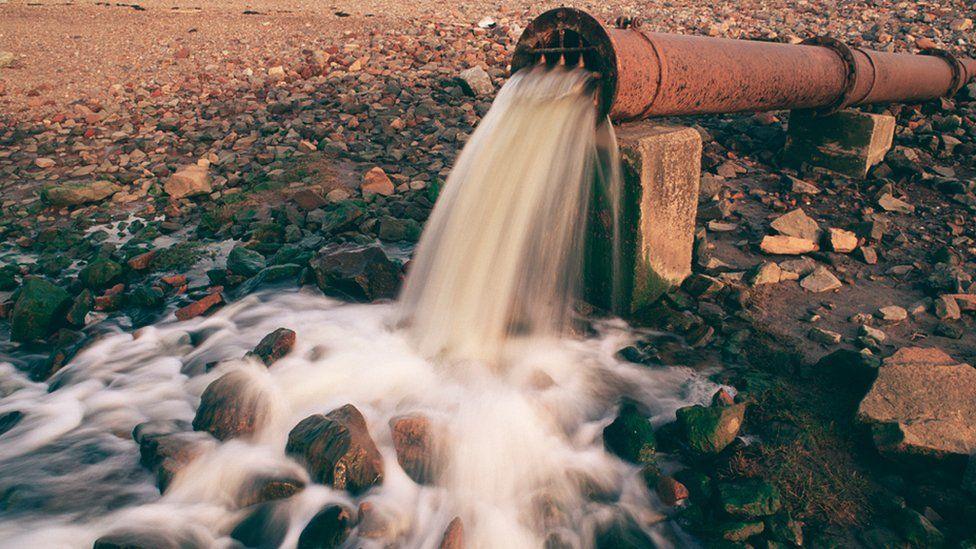
- Published12 August 2022
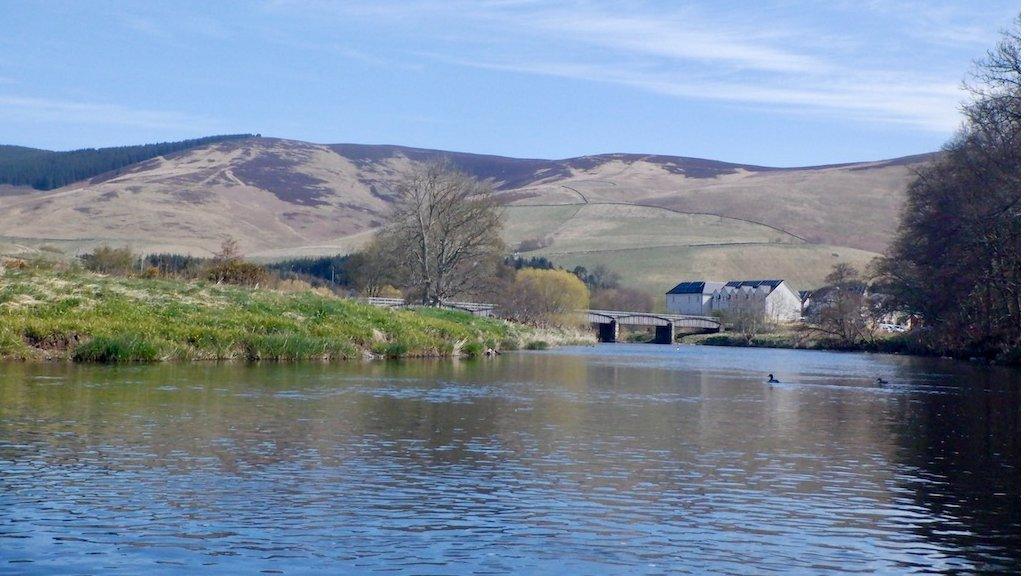
- Published21 December 2021
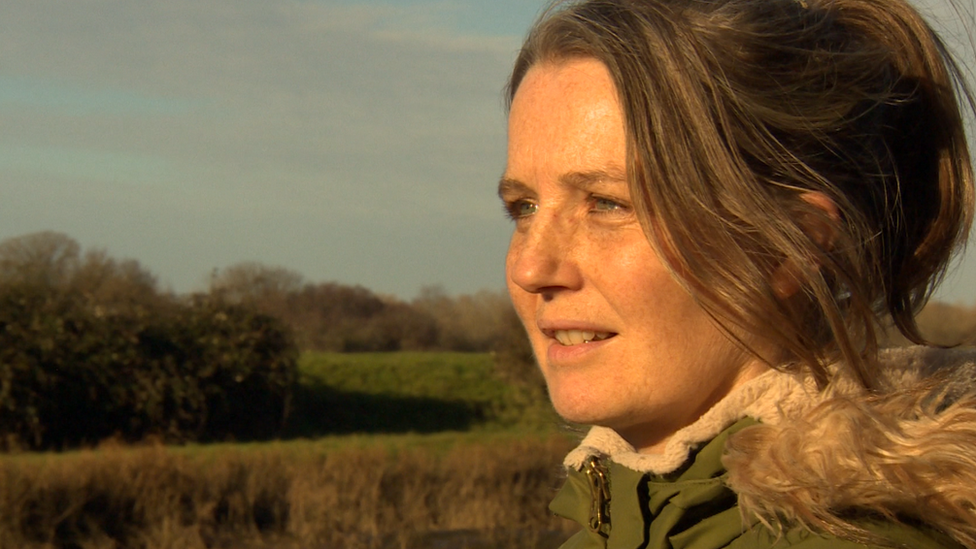
- Published30 October 2021
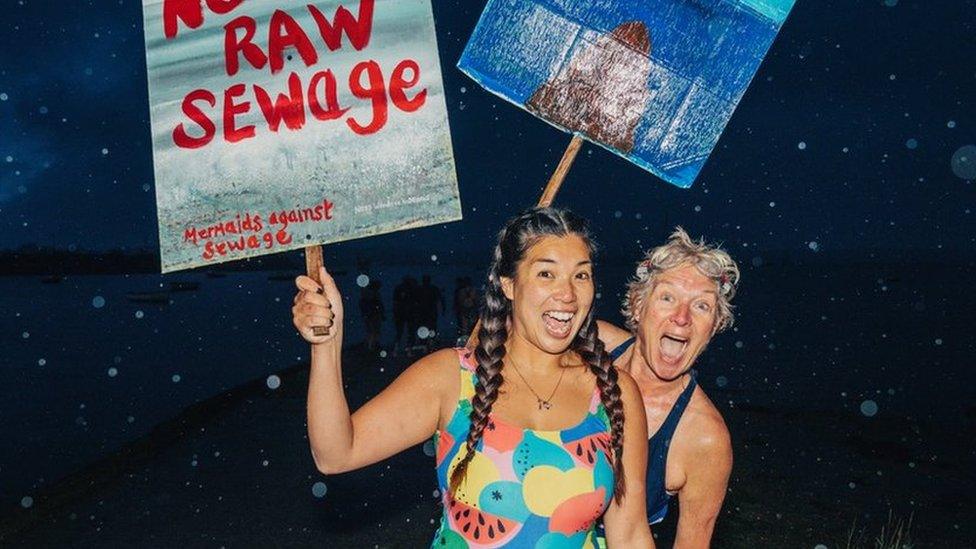
- Published26 October 2021
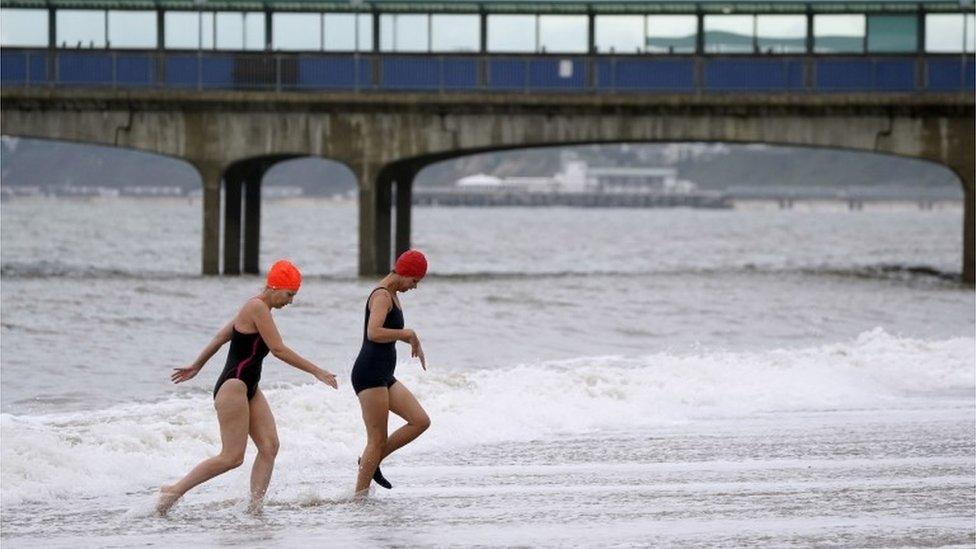
- Published9 July 2021
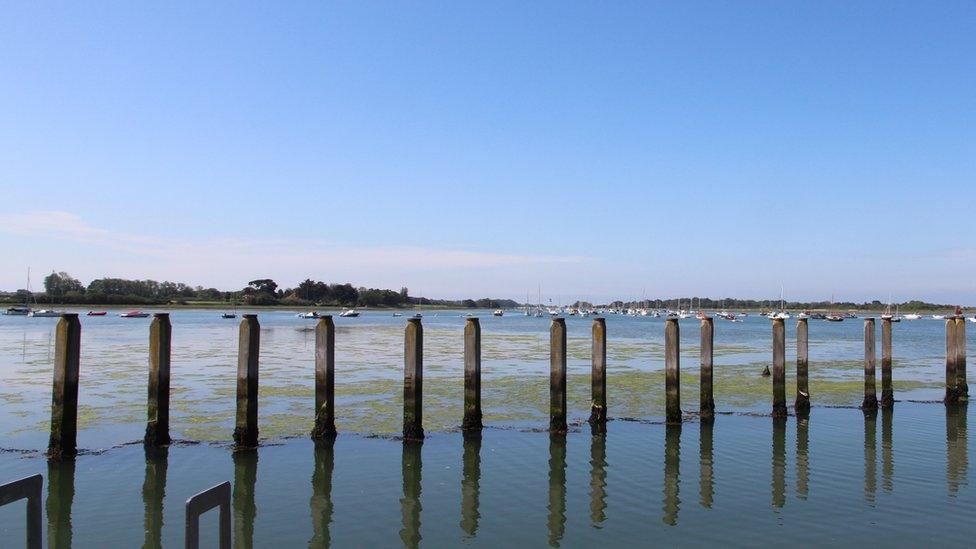
- Published23 April 2022
